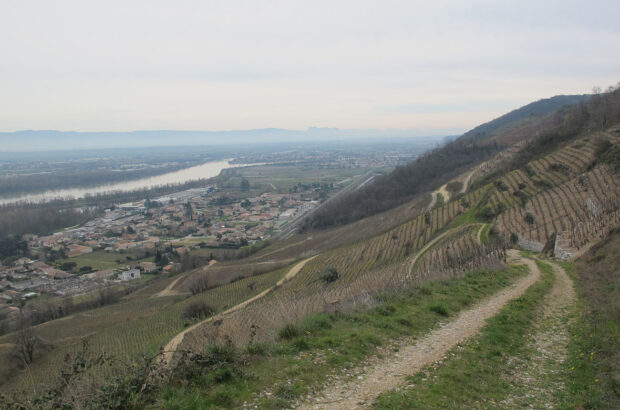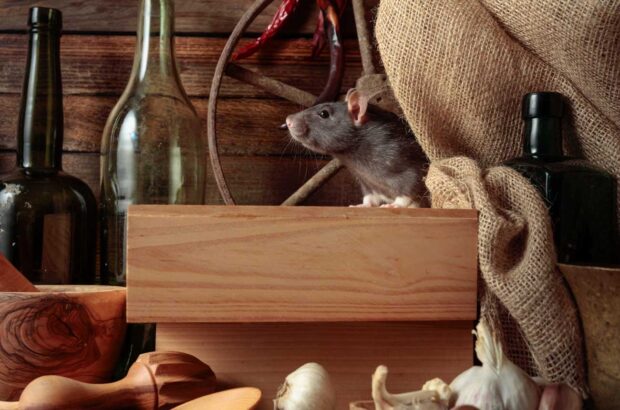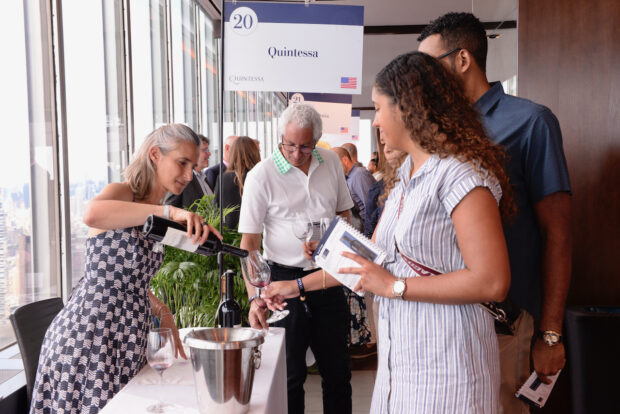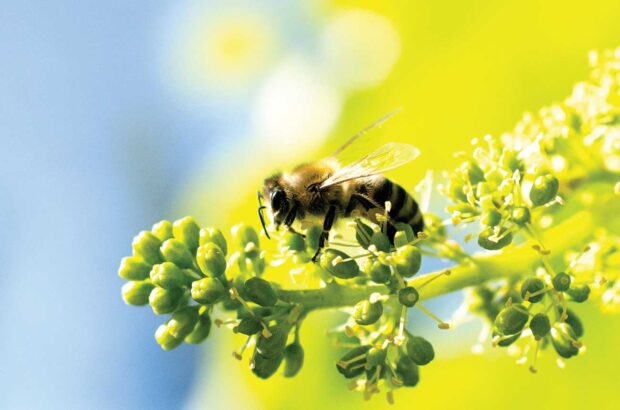Filmed in Napa Valley and featuring an all-star, female cast of Saturday Night Live alum, including Poehler, Rachel Dratch, Maya Rudolph, Ana Gasteyer, Tina Fey, and Paula Pell, Wine Country hits Netflix on Friday 10th May 2019.
It’s a familiar scene. A rowdy group of women—perhaps they’re celebrating a bachelorette party, or in this case, a milestone birthday—walk into a winery.
They’re there to drink and have a good time, to catch up with each other on topics of relationships, children, and work, to reminisce about old times, and temporarily escape from whatever tough times they may be going through.
‘Wine Country serves to remind us all that wine doesn’t have to be so serious.’
As for the wine? It’s simply the match that fires up these deep, meaningful, and yes, sometimes silly conversations.
‘I do not want to learn about wine on this trip,’ groans Jenny (played by writer Emily Spivey), cutting off the bus driver midway through his history of wine spiel, and the women turn the music up over him.
Groups like this can be a tasting room’s worst nightmare, but these longtime girlfriends act surprisingly tame – I had expected something that really crossed the line.
Instead, their worst offenses in the film were anticlimactic: chugging – not savouring – a reserve Cabernet (the horror!) and walking through an organic vineyard after they were specifically instructed not to.
The real joke, it turns out, is on the wine educators. They come off as patronizing, treating these mature, middle-aged women as if they’re dimwit children, speaking slowly to them with exaggerated annunciation.
One employee attempts to educate by quizzing them on advanced wine terms that the average wine consumer wouldn’t know, like tartrates. She then refers to them as “wine diamonds,” as though making it sound shiny will reverse their obvious disinterest.
At another winery, a male employee asks the women what aromas they’re smelling in the wine.
‘There are no wrong answers,’ he says, until Rebecca, Rachel Dratch’s character, throws out canned peaches and jasmine.
‘No. That’s egregious,’ he says, shaking his head in disgust.
‘Pinot-gregious,’ Rebecca claps back.
This stereotype of wineries operating with a touch of snobbery and pretension isn’t new.
These satirical scenarios may be the extreme, but Wine Country serves to remind us all that wine doesn’t have to be so serious.







